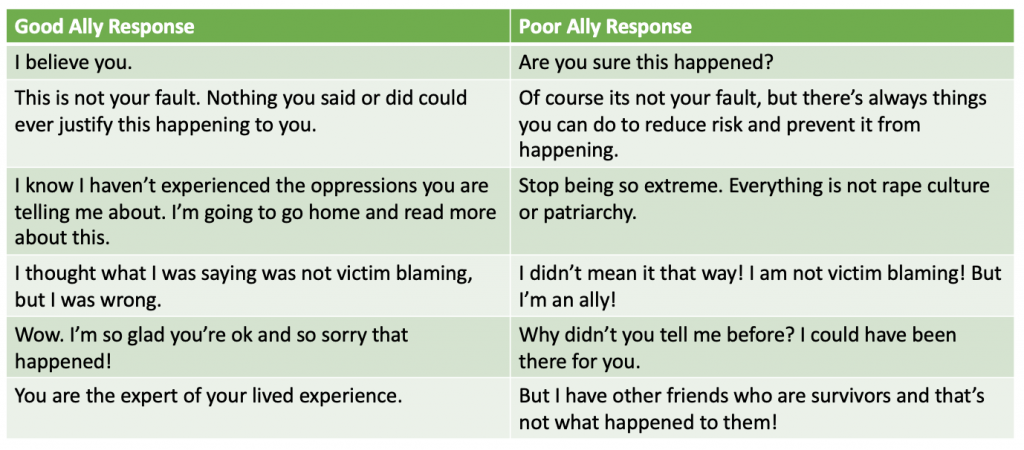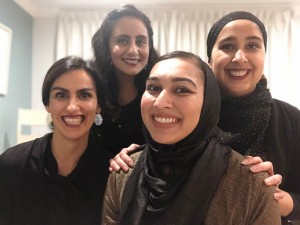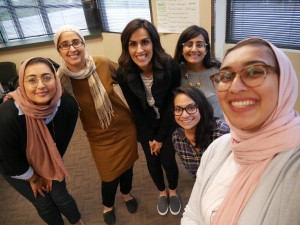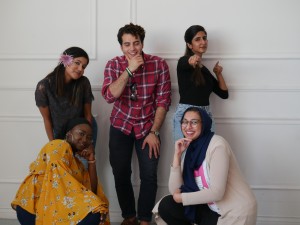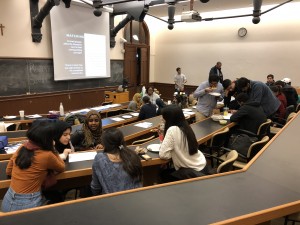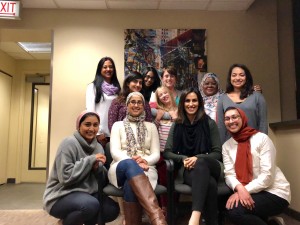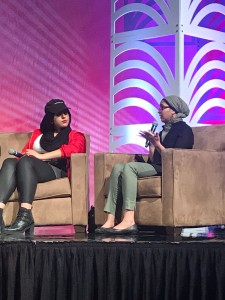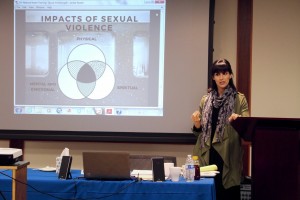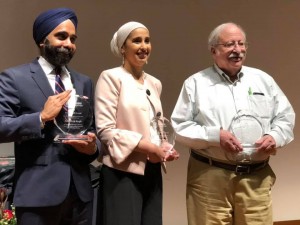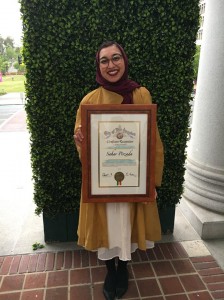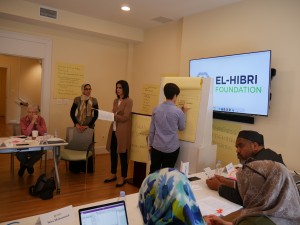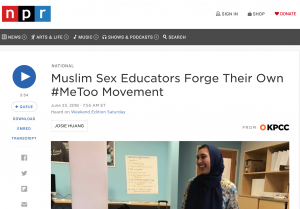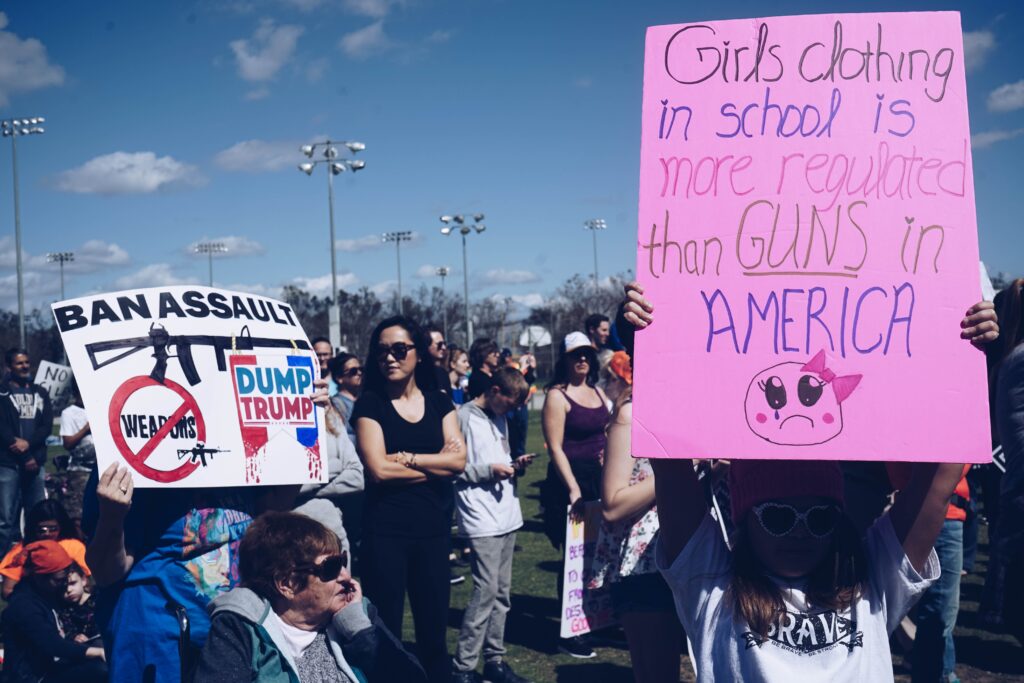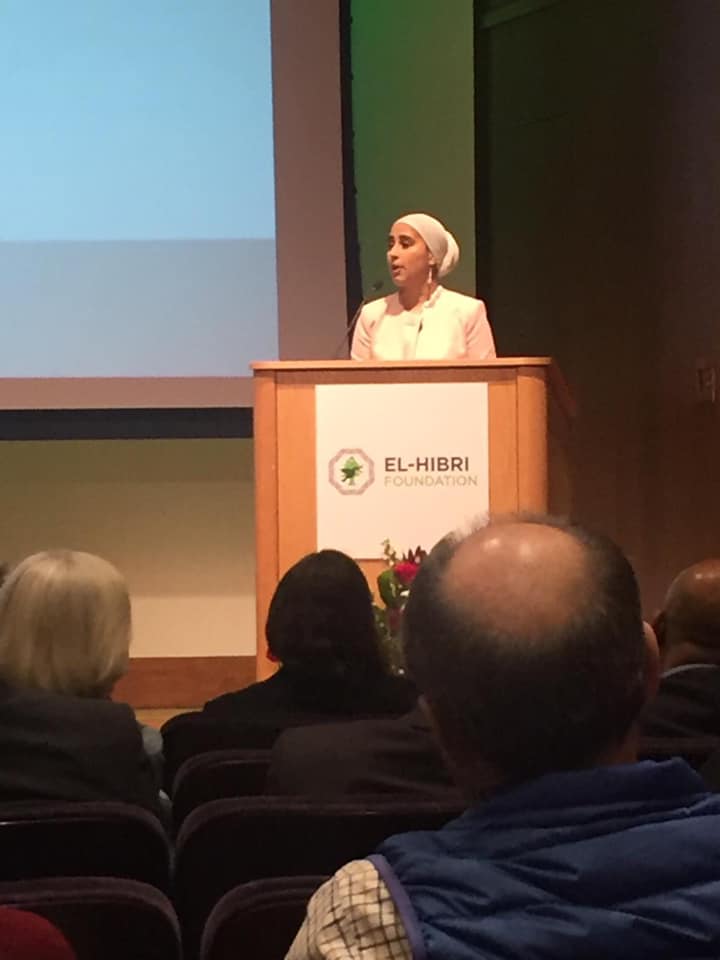by Nadiah Mohajir
As I continue to work with diverse Muslim communities, I am blessed with being trusted with so many stories. These stories may be extremely painful, often full of heartbreak or betrayal. Others may be inspiring, a reminder of the resilience of human beings, being able to withstand deep struggle and find healing and peace. Almost all of these stories though, also include themes of feeling marginalized or excluded from the Muslim communities we live and work in.
What makes a Muslim, Muslim? Besides the obvious response of declaring that God is One and Muhammad (pbuh) is his beloved prophet, many of the stories I carry remind me of another reality: that too often, our Muslim communities are not always in deep commitment of including just anyone who makes that declaration. Rather, our “Muslim-ness” is often determined by external indications: how we dress, how we practice, and often unearned privileges from the identities we hold. Too frequently, a person’s inclusion is determined by what others will say, and if others are willing to accept them. This can result in the marginalization of too many people: rather than uplifting the importance of values such as compassion, justice, mercy, and respecting that faith and practice is inherently a very personal and private matter between an individual and God, too often than not, whether or not someone is accepted and welcome as Muslim ultimately depends on metrics of modesty, sexual purity & orientation, practice, and what people will say.
And yet, we see the example of our Beloved Prophet, the best of people, who lived and embodied these values of compassion, mercy, love, and justice. Our Prophet, who emphasized the privacy and intimacy of the relationship between a person and God. And our Prophet, who never excluded or alienated anyone – even those who would throw trash at him every day or disrespect his place of worship by urinating. But perhaps the most compelling reflection about the Prophet’s example is from a novel I recently read, A Place for Us by Fatima Farheen Mirza. In this novel, Mirza retells of the famous story of the Hussain, the grandson of the Prophet, interrupting prayer by jumping on his back. We know that the Prophet remained in sajdah for the length of time that his beloved grandson was playing. And yet, the author pushes us to see beyond this story as just a story about a grandfather loving his grandson’s playfulness. She asks:
“For his beloved grandson, out of his love for him, even the Prophet of Islam could pause the single most important requirement of faith, regardless of how many watched. What were we meant to learn from this that we had failed to?”
As we close out the first half of Ramadan, I carry this story with me, and am reminded of the Islam I firmly believe in, that our beloved Prophet practiced over 1400 years ago: belonging should center humanity and belief first, and not our interpretations of practice. It is not for us to decide who is Muslim and who is not, regardless of who is watching or what they will say. We must bring love and compassion to the forefront and remember that single act of inclusion can literally save those living at the margins.

